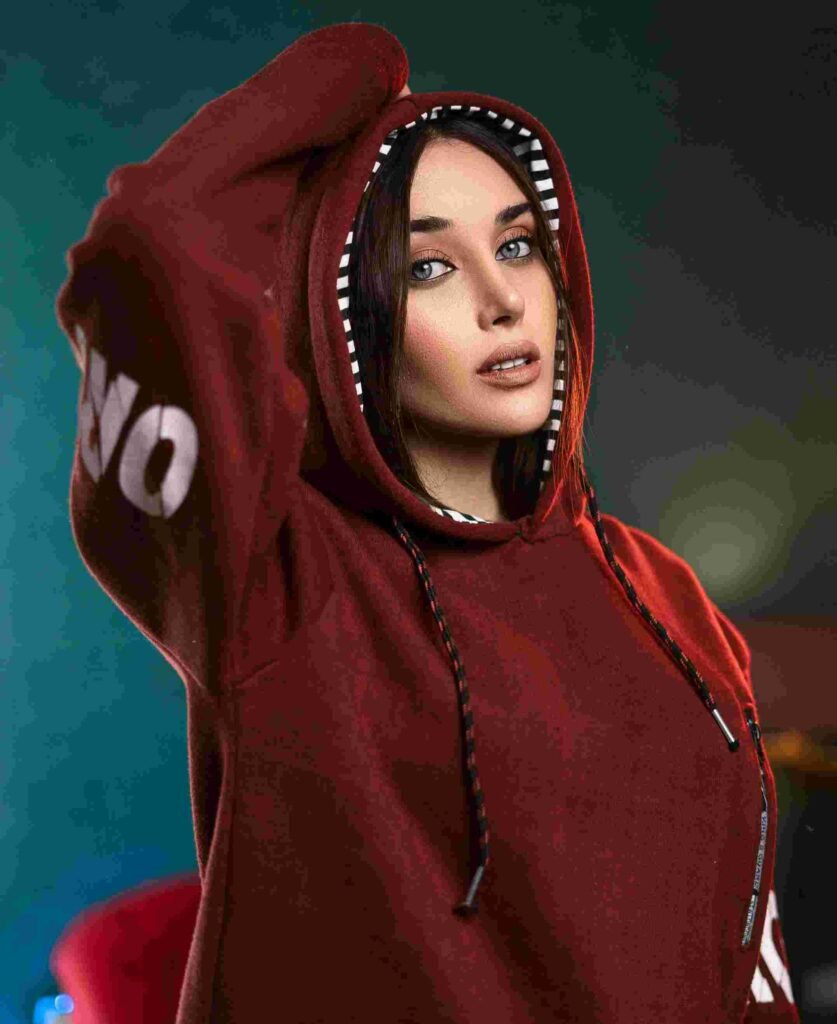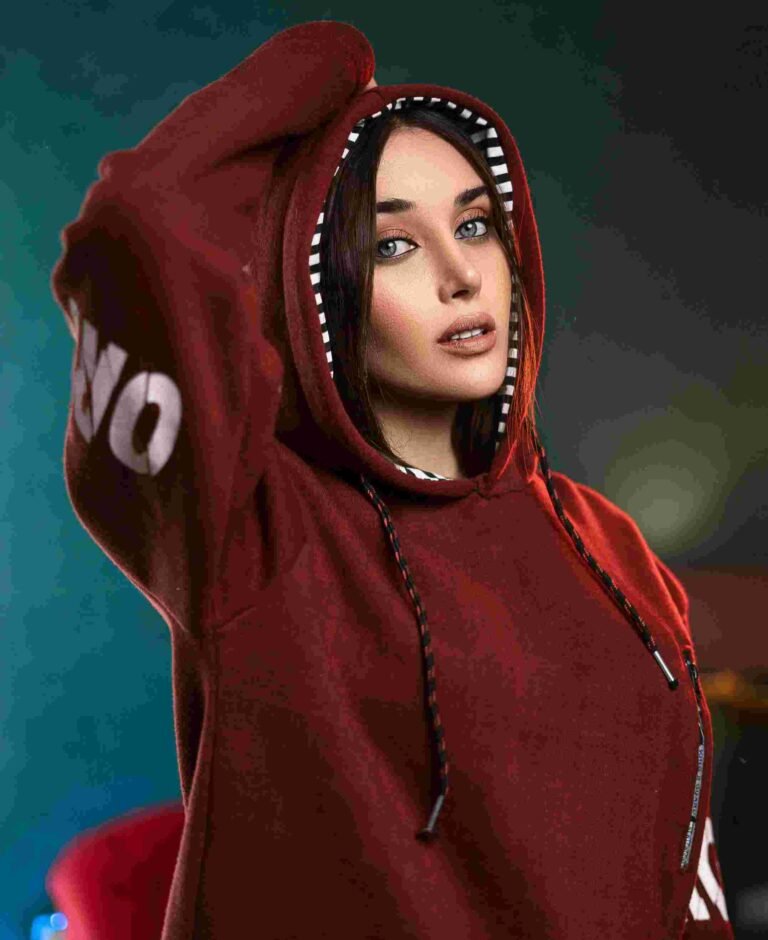Eco-friendly Sustainable Fashion Brands in the UK
The fashion industry has long been accused of contributing significantly to environmental degradation. Fast fashion, in particular, has led to increased waste, exploitation of resources, and unethical labour practices. In recent years, however, UK consumers have shifted their focus toward sustainability, aiming to support brands that take responsibility for their environmental impact while promoting ethical business practices.
Why Choose Sustainable Fashion?
Sustainable fashion prioritises eco-friendly production methods, natural and recycled fibres, and waste reduction. By supporting sustainable brands, you help reduce water usage, harmful chemical application, and carbon emissions, all while ensuring socially responsible labour conditions. Plus, sustainable fashion tends to be of higher quality, meaning your items are more durable and long-lasting.
Top Eco-friendly Fashion Brands in the UK
The UK boasts a multitude of brands dedicated to sustainable and ethical fashion. Here are some examples:
-
People Tree:
This brand has been a pioneer in sustainable fashion for decades. Certified Fair Trade, People Tree’s garments are crafted with organic cotton and sustainable materials while supporting artisan communities. -
Komodo:
With roots dating back to 1988, Komodo specialises in creating stylish garments made from environmentally friendly fabrics like hemp and organic cotton. The brand also offsets carbon emissions through partnering with local charities. -
Ninety Percent:
Known for their comfortable, minimalist designs, Ninety Percent shares 90% of profits between charitable causes, merging ethicality with sustainability.
Affordable Sustainable Options
While eco-friendly fashion is often noted for its premium price tags, many UK-based brands offer affordable options for conscious shoppers. ASOS, for example, features an “Eco Edit” line consisting of sustainable products. Another example is Monki, which uses recycled materials in many of their collections and adheres to transparent practices.
How Can You Contribute?
Beyond buying new sustainable garments, there are other ways to support eco-fashion practices. Upcycling clothes, opting for vintage items, or engaging with second-hand markets like Depop and Vinted reduces waste and minimises overproduction. It’s also essential to educate yourself on a brand’s values and certifications, such as GOTS (Global Organic Textile Standard) or Fair Wear Foundation endorsements.












